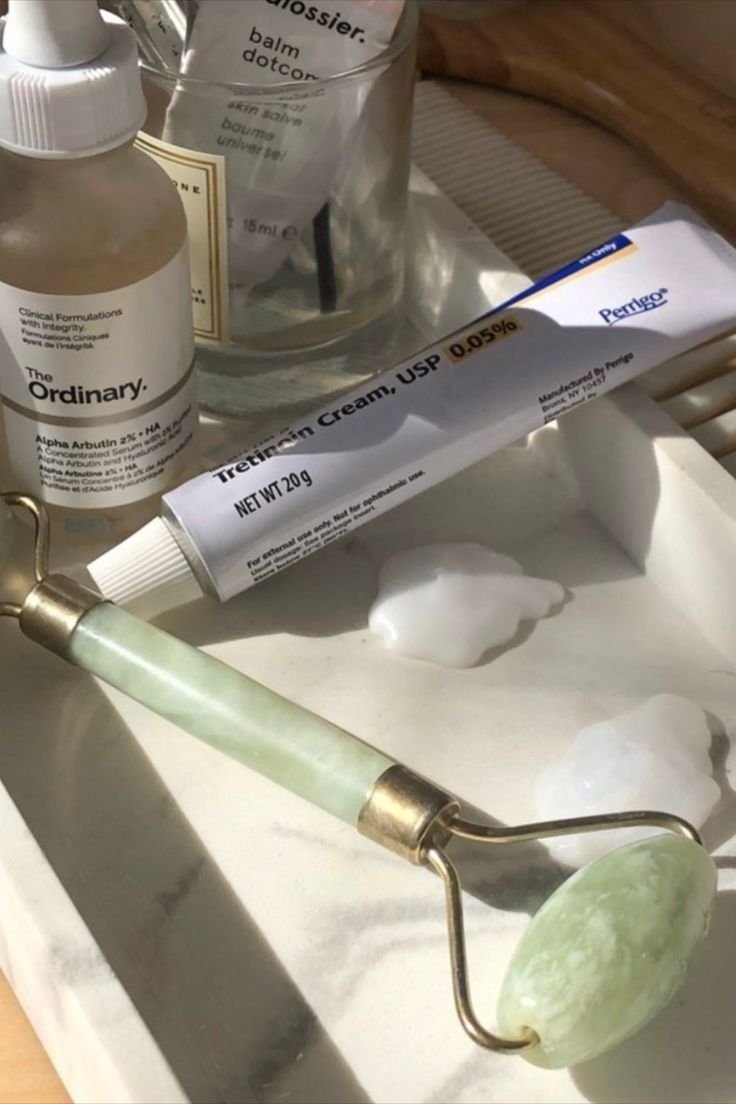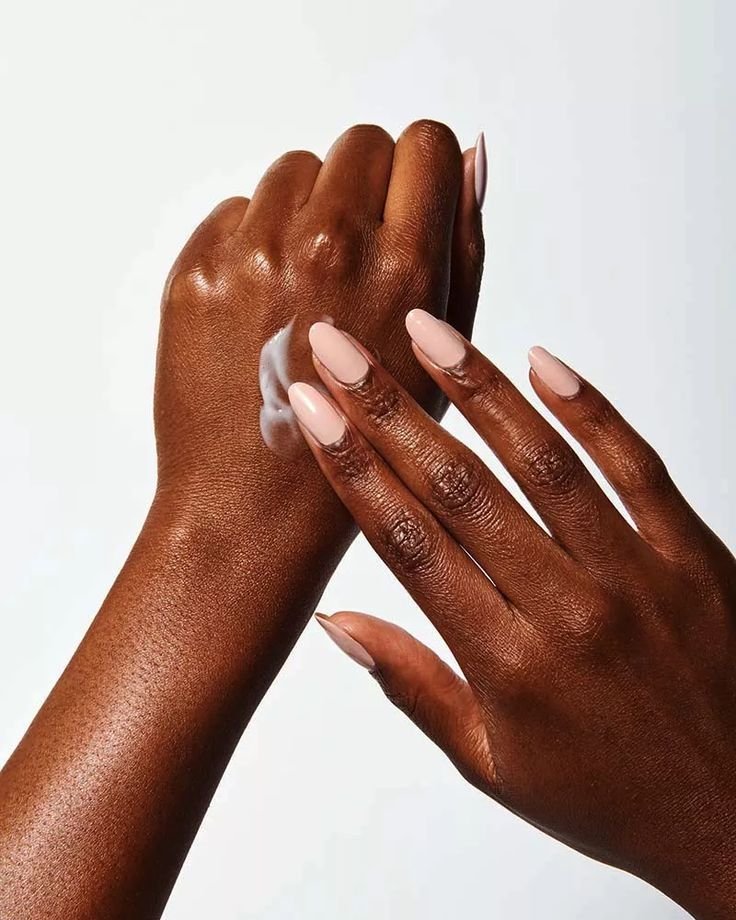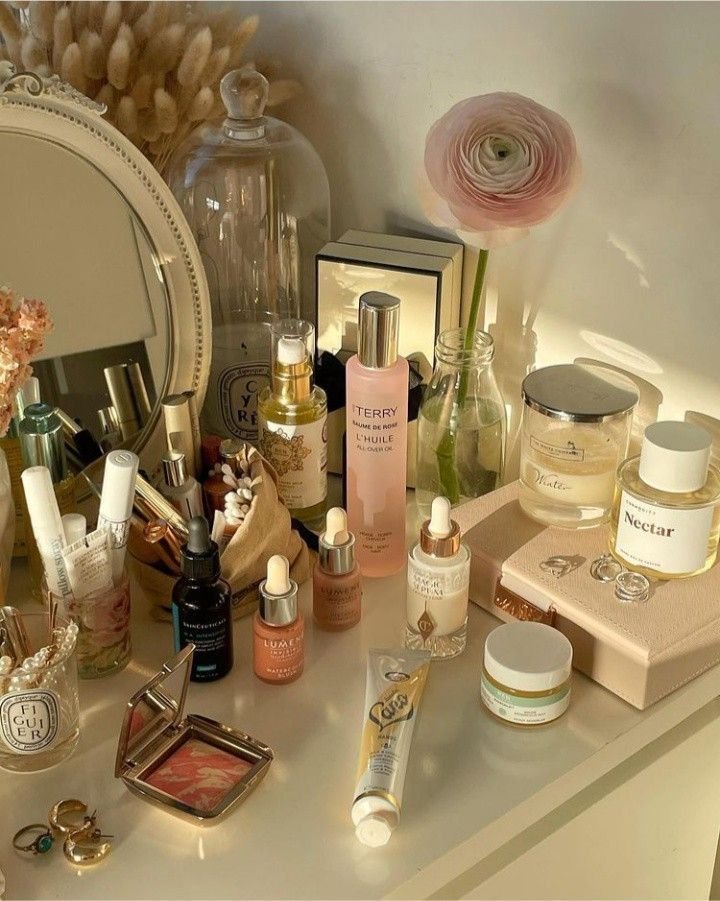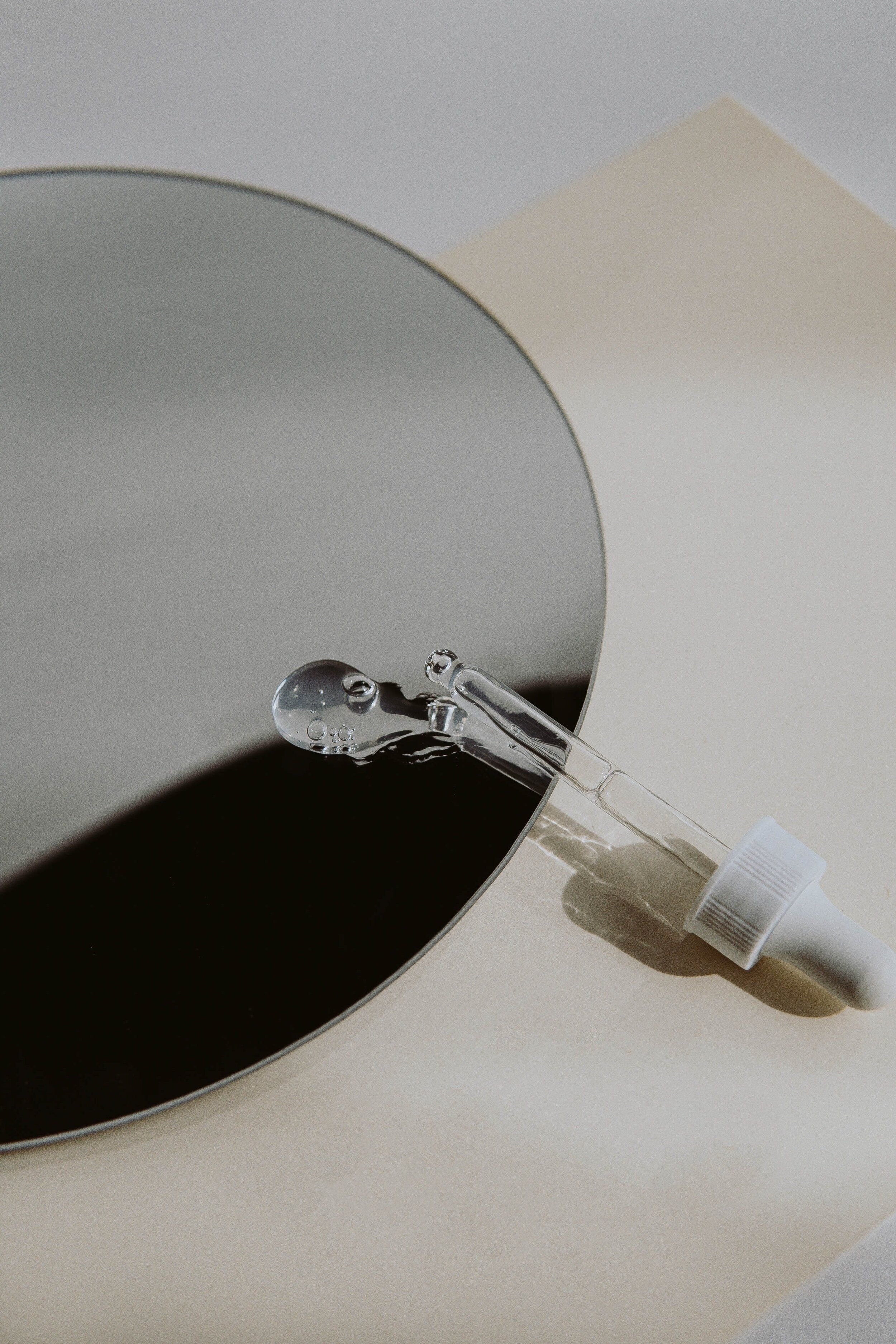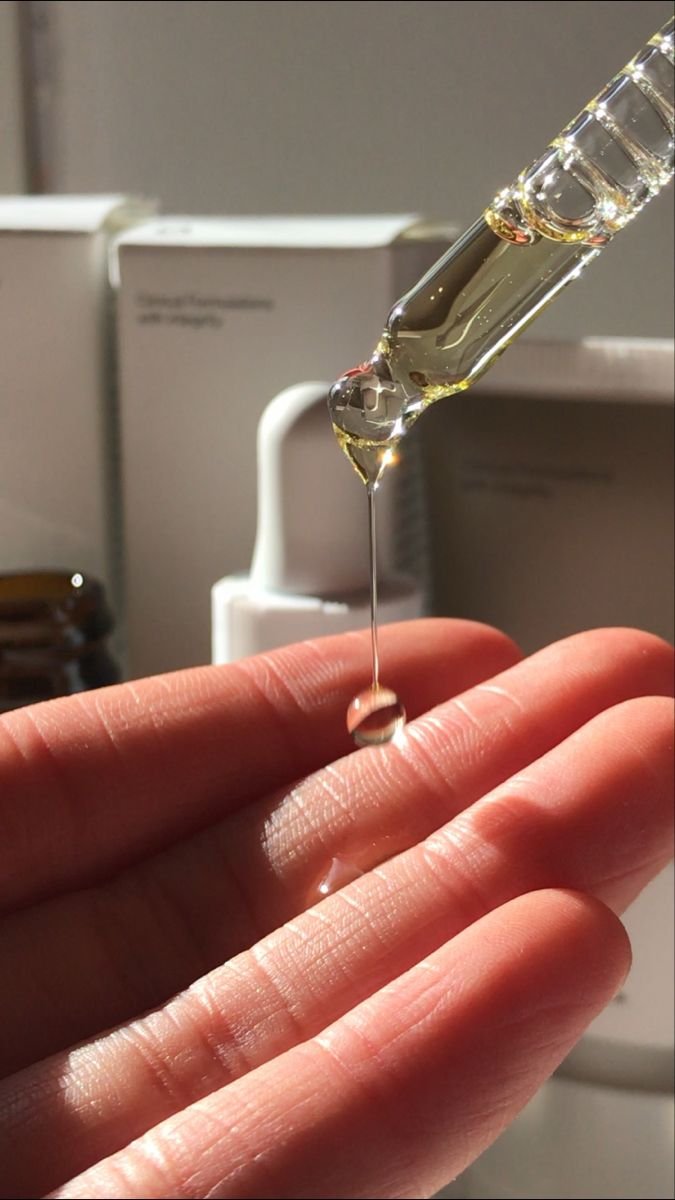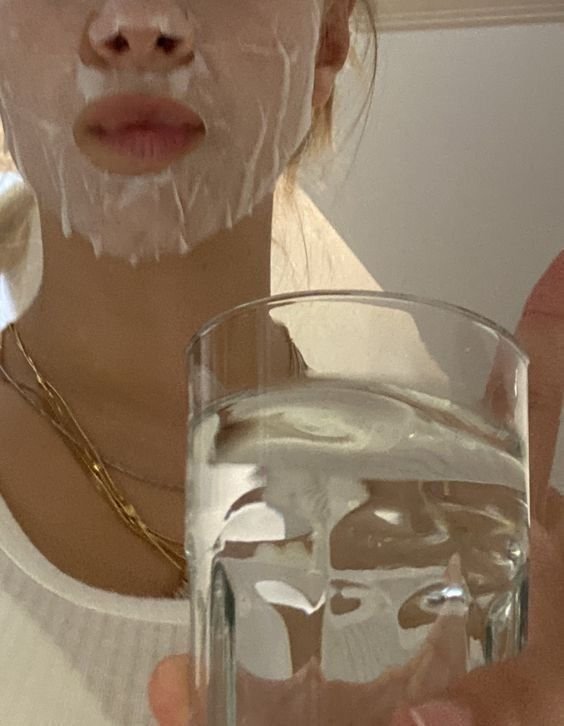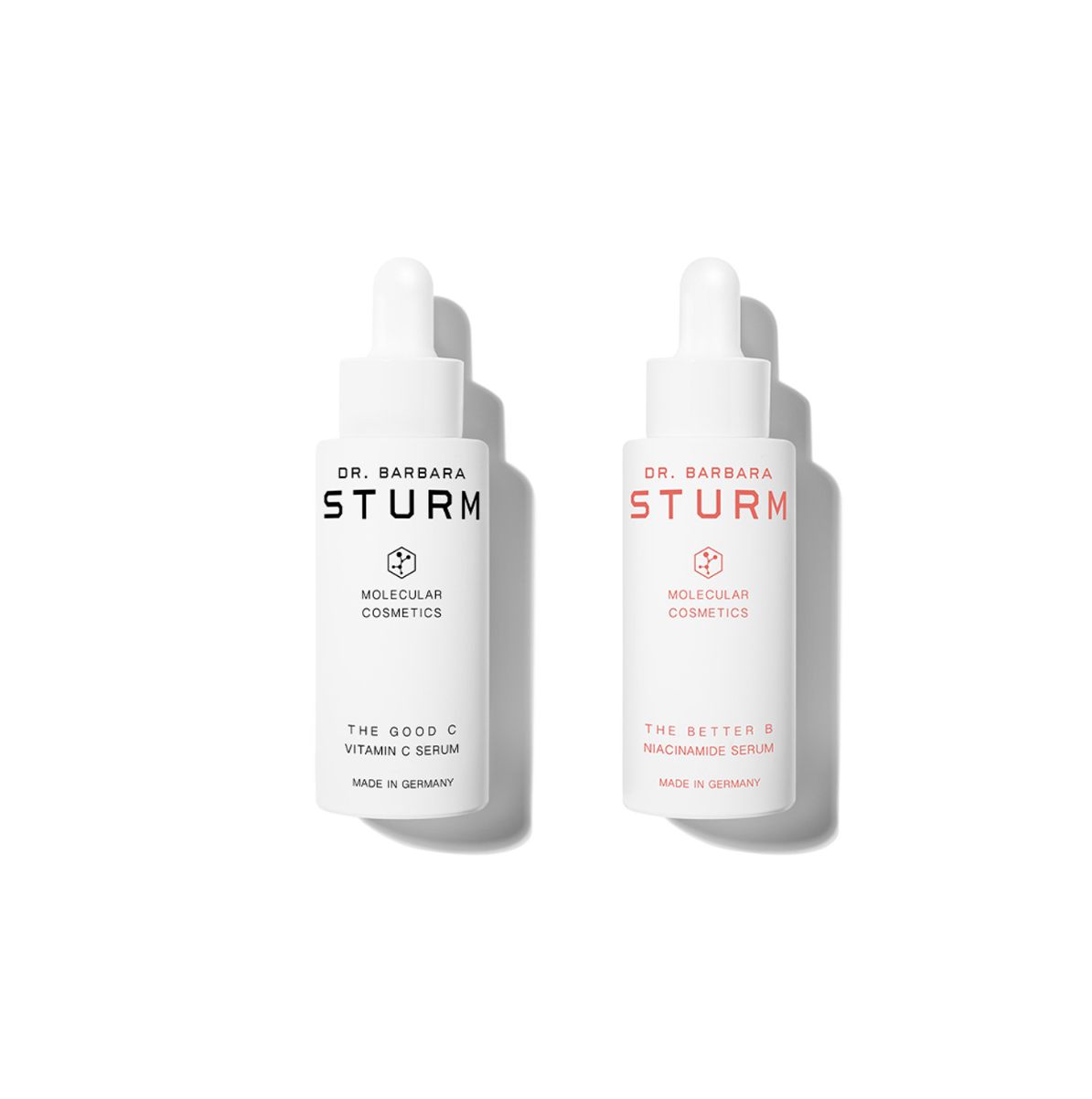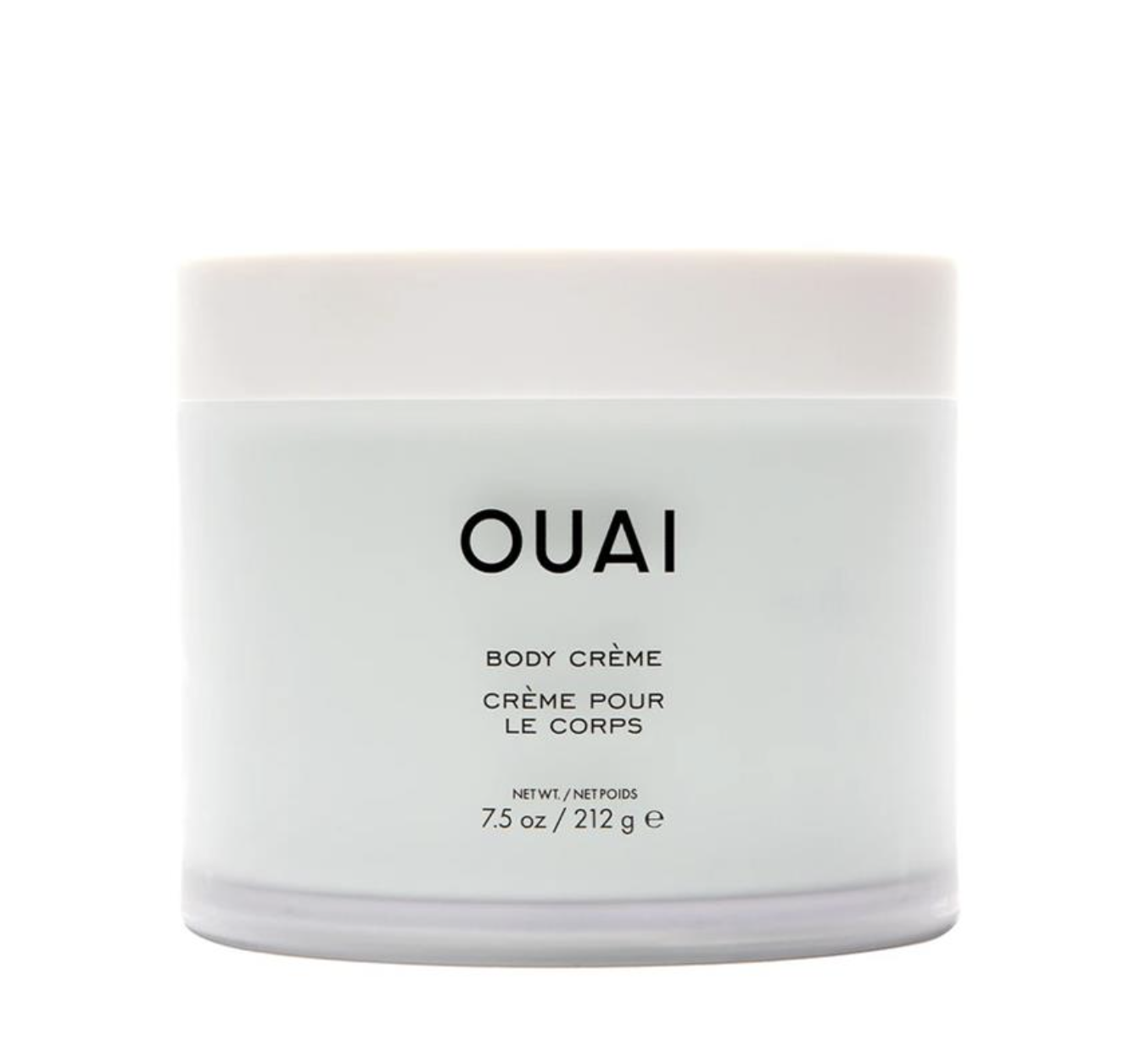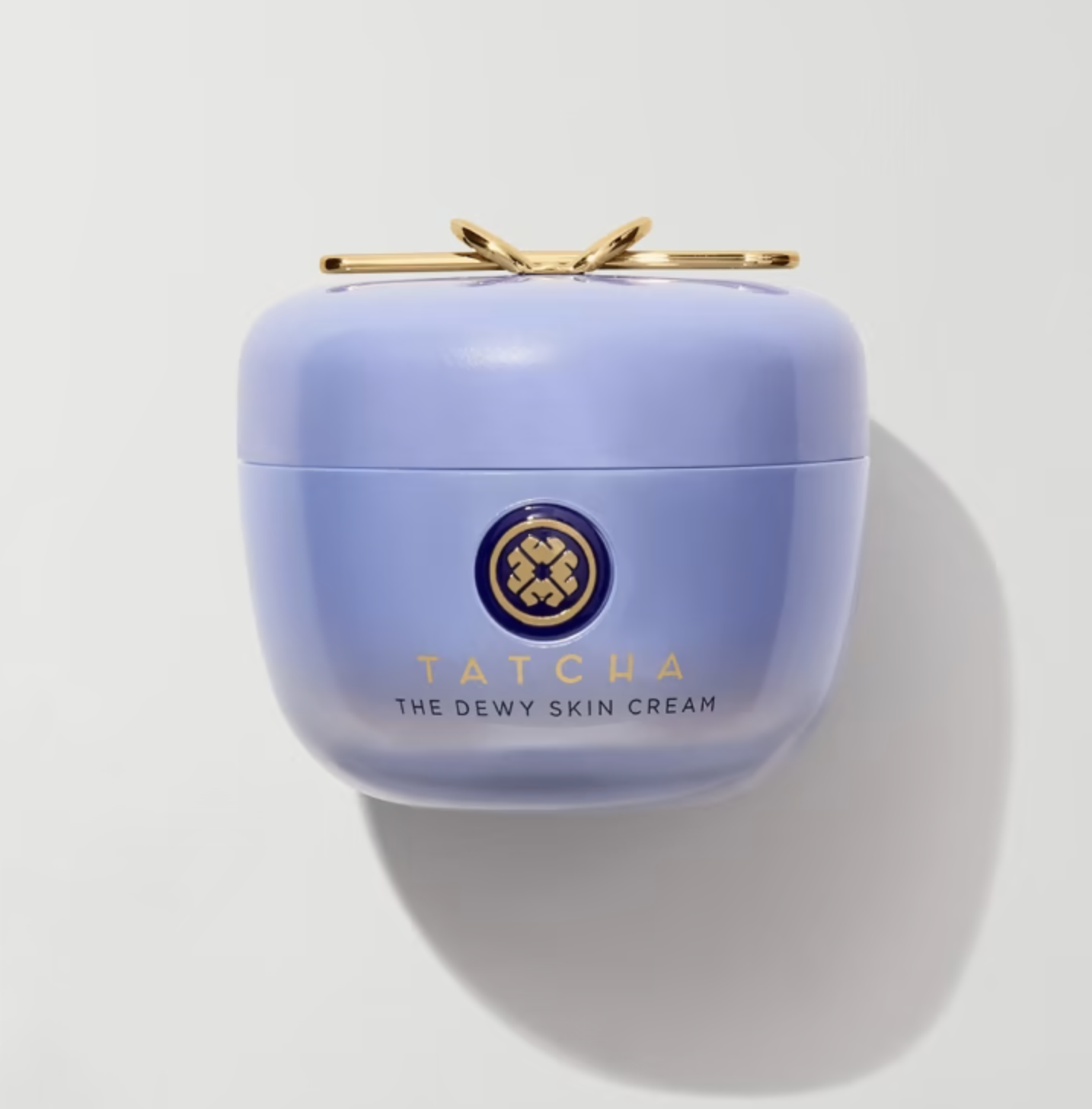DECODING SKINCARE BUZZWORDS
We’ve all been there, strolling down the skincare aisles, looking at the copious amounts of products that are for sale, and wondering where to begin. With various products that are available, it can be confusing which products will work on which skin type and what will help our skin concerns. It gets even more frustrating when you pick up a product to read its description and you are hit with various terms used to verify the efficacy of the product or even try to sell it to consumers with promises that are often not met. We decoded the meaning behind common skincare buzzwords that are used to market products to ensure you know where to begin and what you are buying when shopping for a new product.
Dermatologist-tested vs Dermatologist-Approved
“Dermatologist-tested” simply means the product was tested by at least one dermatologist. However, that doesn’t make any implications about what kind of testing occurred or the results of those tests. It is also important to note that there is no legal definition, so “dermatologist-tested” could mean a dermatologist ran a trial, but it could also simply mean a dermatologist took the product home and tested it. On the other hand “dermatologist-approved” is when at least one dermatologist either oversaw or reviewed clinical testing, or approved of the product itself, meaning they’d recommend it to patients or consumers. When looking at the two terms “dermatologist-approved” may be more helpful.
Clinically tested
Clinically tested is mostly used as a marketing term for our beauty products. The term itself implies that the product has been thoroughly tested but it is not entirely clear what constitutes “clinical conditions” or “clinical testing.” While it may have been through clinical testing it is a good idea to do your own research and see where these claims come from.
Noncomedogenic
Noncomedogenic implies that a product will not clog pores and in turn, won’t cause breakouts. The issue unfortunately is that this claim is not completely regulated meaning there are no rules around which brands can use this term for product marketing and which can not. While it is a great suggestion for products, there is no standard for the brands to meet for this to be completely true.
Hypoallergenic
Much like the other terms, according to the FDA itself, there are no federal standards that determine whether a product is hypoallergenic. That being said most brands do try to back up this claim by running large-scale patch tests for people who have allergies or extremely sensitive skin to ensure that their product is less likely to cause skin irritation or an allergic reaction.
Cosmeceutical
The term Cosmeceutical comes from combining cosmetics + pharmaceutical. This marketing buzzword is often viewed as a signal of increased research and development, resulting in higher efficacy. That being said the term is nothing but a marketing term with little to no true meaning behind it. Instead, when you see this word used to market a product it is best to take a close look at the ingredient list to see the strength of its ingredients, as well as do research to see if any clinical testing results are available that would give you a better understanding of its use and potential effects.
All Natural / Clean
As with many of these buzzwords, there are no federal regulations or rules around calling a product “all-natural” or “clean.” Anyone can label their products as such no matter what is inside of them. Often times though it does tend to suggest that all ingredients in a given product are plant-based or natural. The issue really lies within the fact that there is no regulation so there is not a regulated list of “clean” ingredients for companies to use. Since this term is used heavily in marketing a company may self-identify as “clean” and “all-natural” but the retailer could disagree. As with most products, it is best to do your own research and decided what works for you.
Organic
The term organic is actually regulated by the U.S. Department of Agriculture (USDA), but it is very important to note that it only applies to agricultural products. Much like food when this term is used it implies that a product is formulated without additives. But since “organic” is only regulated for agricultural products using organic in beauty doesn’t actually have any indication about its safety or lack of “additives.”
Chemical-Free
You have probably seen this term on numerous beauty products but the truth is, it is always a lie. When you think about it everything is a chemical such as hyaluronic acid, coconut oil, and even water. When it is used to market a product it is simply implying that the product does not contain synthetic ingredients; only natural ones. So for a product to be 100% chemical free, there would be no product.
Vegan
Vegan beauty products do not contain any animal-sourced ingredients or animal byproducts. When looking at Vegan products it’s pretty easy to tell which ones are Vegan and which are not simply by looking at the ingredient list. Much like the other buzzwords the term itself isn’t regulated, but it is the one likely to be true since it becomes obvious in the ingredients.
Medical-Grade/Professional-Grade
Similar to cosmeceutical, this implies greater efficacy within a product. Before “medical-grade,” “professional-grade,” and “clinical-grade” products were only available for purchase at doctor’s offices and certain medical spas, unfortunately now it is ultimately marketing jargon. The main issue with using these terms is that it doesn’t automatically mean the product and brand reach the standards of “medical-grade.” Luckily there are plenty of actual “clinical-grade,” “medical-grade,” and “professional-grade” products and brands that are more efficacious, and heavily invested in research and development, that do follow rigorous clinical testing standards.
Oil-Free
“Oil-free” is almost always used as a marketing buzzword for breakout-prone skin. The term itself is unregulated and left up to brand interpretation for what it means. The truth is if you do have breakout-prone skin there are plenty of oils that are safe for your skin type, you just have to do a little research and patch testing to find out what works best for you.
While it is disappointing to hear that many of these terms are based on misinformation and are not regulated, it can also be helpful to know which products are likely not worth the purchase. So next time you find yourself looking for a new skincare product, keep in mind that with a little research and breaking down the claims on the box, you can find brands that are worth it and could possibly become your next holy grail skincare must-have.
FEATURED :
CAUDALIE
Vinoperfect Radiance Dark Spot Serum Vitamin C AlternativeA brightening serum that combats the look of dark spots caused by sun, acne, or pregnancy, visibly even skin tone, and helps improve skin’s glow.
DR. STRUM
Better B & Good C Duo A serum that specifically targets the pores, reducing and refining their appearance for a radiant complexion.
OUAI
Shibuya Moisturizing Body CreamA quick-absorbing, whipped body cream that provides long-lasting hydration, softness, and a healthy glow.
TATA HARPER
Nourishing Oil CleanserVITAMIN E + A ANTIOXIDANT MAKEUP REMOVERA multi-vitamin cleansing oil that breaks down buildup and dissolves makeup without stripping the skin for a soft, supple feeling. Best for makeup removal and dry, uneven skin.
SUPER GOOP
Unseen Sunscreen SPF 40The original 100% invisible, weightless, scentless sunscreen with broad spectrum SPF protection, skincare benefits & a natural finish.
TATCHA
The Dewy Skin Cream A rich, moisturizing cream with plumping hydration and antioxidant-packed Japanese purple rice for a dewy, healthy glow. Ideal for dry skin. Can be used on combination skin for those who prefer a moisturizer with a richer texture.
EXPLORE VANITY STORIES
